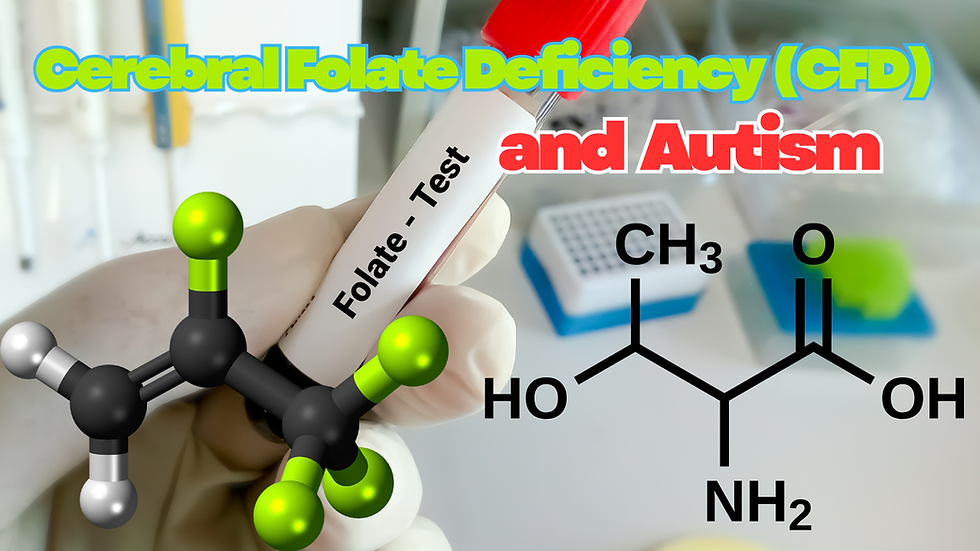What to Do If You Think Your Child Has ADHD
- raleighholistichea
- May 14, 2025
- 2 min read
You’re doing your best. Now let’s take the next step.

If you’re constantly repeating instructions, redirecting your child’s attention, or wondering why nothing seems to stick — it might not be a discipline issue. It could be ADHD (Attention Deficit Hyperactivity Disorder). And you're far from alone.
Recognizing ADHD in kids can feel overwhelming, but early understanding, support, and intervention can make a meaningful difference in your child’s life and your family's well-being.
🚦 Start by Noticing Patterns of Behavior
Consistent behavior issues could be red flags. Ask yourself:
Is my child’s behavior consistent across multiple settings (home, school, playground)?
Do these behaviors disrupt schoolwork, friendships, or home life?
Are these signs pointing to attention problems, hyperactivity, or impulsivity?
These behavior patterns are among the early signs of ADHD and shouldn't be ignored.
Start a behavior tracking journal. Keep notes on inattention, hyperactivity symptoms, and any recurring challenges. This log helps during an ADHD evaluation or consultation with a pediatrician or child psychologist.
🧍♀️ Talk to Teachers and Caregivers
Open lines of communication with those who interact with your child daily — teachers, school counselors, and caregivers. Ask questions like:
Does my child have trouble staying on task?
Are they frequently disruptive in the classroom?
Do they struggle with following directions or maintaining focus?
This teacher feedback and caregiver feedback are crucial to identifying consistent behavior across environments — a key part of pediatric ADHD diagnosis.
❌ Don’t Blame Yourself
ADHD is a neurodevelopmental disorder — not a result of bad parenting or lack of discipline. It’s a brain-based condition, and recognizing the need for ADHD help is a responsible, loving step toward your child’s success.
You’re not alone in this. Many parents face parenting challenges and mental health parenting struggles, especially when raising a neurodiverse child. It's okay to ask questions, seek ADHD support, and educate yourself with reliable ADHD resources.
🧭 Next Steps: Get Professional Guidance
If you’re seeing consistent ADHD signs at home and school, it's time to speak with a professional. Here’s how to move forward:
Schedule an appointment with a child therapist, pediatrician, or educational psychologist.
Request an ADHD screening or ADHD checklist for parents.
Prepare behavior reports and teacher notes to aid in the ADHD diagnosis process.
🧩 Empower Your Parenting Journey
With proper ADHD guidance for families, many kids thrive academically, socially, and emotionally. Consider:
Behavioral therapy and structured ADHD interventions
Joining ADHD support groups for parents
Reading reliable parenting ADHD blogs
Establishing a home-school connection with effective communication tips
Building a personalized ADHD action plan
Support your child’s journey by focusing on positive parenting, emotional regulation, and celebrating small wins. ADHD doesn’t define your child — it’s just one part of their incredible story.
💬 Final Thoughts
If you’re feeling like an exhausted parent, remember: recognizing ADHD symptoms is the first step toward clarity and change. You’re not just coping — you’re advocating, supporting, and guiding your child toward a brighter future.
For more on understanding ADHD in children, early signs, and ADHD parenting tips, explore our ADHD support blog and connect with a professional for a full ADHD evaluation.




Comments